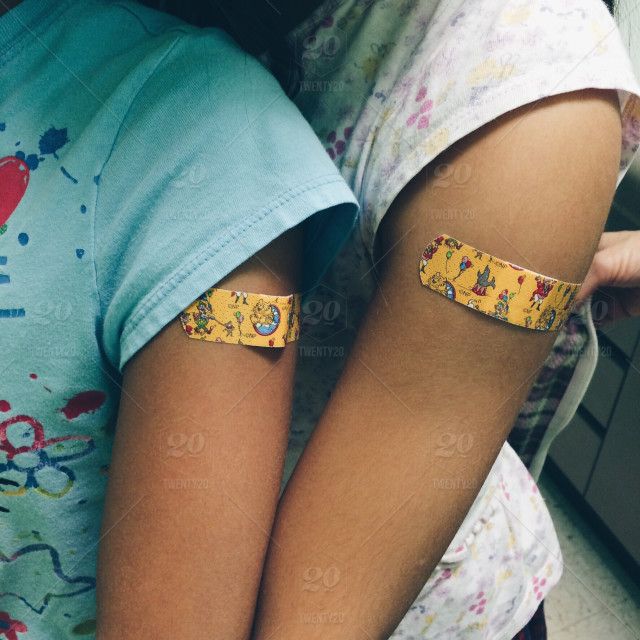Rabies
Nineteen cases of rabies in animals have been reported in Nebraska for 2016. Rabies cases have historically peaked every 5-7 years. Click on the following link to view a 10 year summary of rabid animals reported in Nebraska:
About Rabies
The rabies virus causes an acute encephalitis and is fatal unless treated. Rabies can be transmitted by the bite, scratch or saliva of an infected animal such as a raccoon, fox, dog or skunk.
Only mammals are susceptible to rabies, so animals such as birds, snakes and fish do not transmit the virus.
Vacinate Against Rabies
Keep your pet's vaccinations up-to-date:
- Cats & Dogs-Should Be Vaccinated!
- Cattle, Horses and Sheep- Can also be protected!
-
Avoid Exposure
Reduce unwanted wildlife exposure:
- Keep your yard free of junk and debris.
- Cover your trash.
- Do not leave food out for animals to find.
- Do not approach animals that are acting strangely or any animals unknown to you.
- Keep pets under supervision
- Do not try to take care of sick animals
- Call your animal control agency or local law enforcement and the South Heartland District Health Department 402-462-6211 or toll free 1-877-238-759
If you are bitten or scratched, or if saliva from the infected animal contacts a break in your skin, seek treatment from a medical professional!
Quickly and thoroughly wash the bite with soap and hot water. Rinse well. Put alcohol or iodine on it to kill germs. Identify the animal and confine it if you can do so safely.
Call your animal control agency or local law enforcement and the South Heartland District Health Department 402-462- 6211 or toll free 1-877-238-7595. If wildlife is involved, contact USDA Wildlife Services.
Contact your physician immediately. Post exposure treatment is effective but must be administered early.



